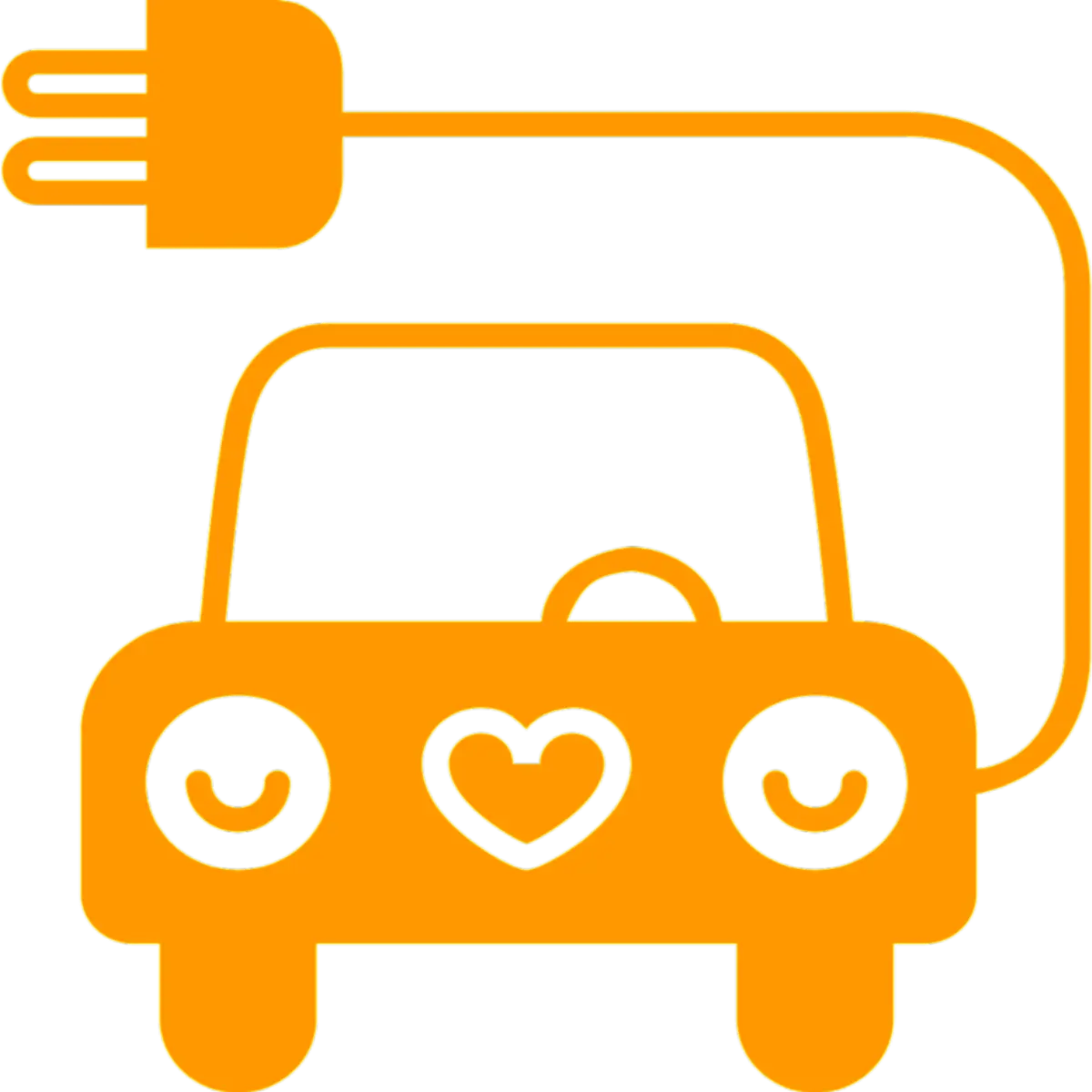I think it’s probably too early for this to mean much of anything. Most people who bought an EV bought it new within the past ten years and probably haven’t needed to replace their car yet. I don’t doubt that the vast majority of EV buyers will choose an EV as their next car, but over 99% would be an incredible statistic if that’s what we see ten years from now.
I bought a gas RAV4 in 2016 because I didn’t think the tech was quite there yet and I couldn’t sit around on a waiting list even if I was ready to trust the tech yet. But even then, I said to myself “this is the last gas powered vehicle I’ll ever buy.” Just a few weeks short of 9 years later, I believe that now more than ever. If my car dies today, I’m shopping for an EV, probably a Ford if they’re still doing that incentive to throw in the upgraded home charging station installation or whatever that promo was. And once that infrastructure is in somebody’s home, why go back to using gasoline? Even without that, charging on a standard outlet overnight is plenty for most and is already a massive change in habits and routines that people won’t want to change back from. I don’t like having to stop at a gas station every few days. I don’t like oil changes. Who would choose to go back to all this bullshit after tasting life without that level of hassle? Especially now that the gap in cost between ICE and EV has dropped so much.
the only one i know of that dumped their ev to go back to gas is an idiot to begin with; but at any rate, he bought a used 1st gen 500e for his rural commute.
and yup. he couldn’t even get to work and back on a single charge. epa range of 87 miles–when new. 90-95 mile round-trip commute.
Lol, that’s amazing. Wouldn’t have guessed someone would forego to even do that basic math before buying an EV.
That’s roughly my current commute. New mid budget ($40kish) EVs seem to generally have a range of like 300 miles, and that’s only a little less than my car’s range yet still plenty for my needs if I can charge at home every night or maybe every other night.
That 500e sounds like it was designed to be more for people with a <15 minute commute. It’d be great for people who live and work within one city and have everything they need within 20 miles or so of home.
I mean, in Europe you probably wouldn’t find too many people that have a close to 100mi commute. That range is fine if you have a shorter commute or if you commute using public transport and you only need your car for shopping/school runs etc.
I still have an ICE, but I only need to get petrol once a month, and the longest drive I do is typically something like 50km both ways.
The original 500e was a “compliance car”. It got horrible range and had slow charging. It’s main purpose was to meet California average emissions standards. Which is a shame because the rest of the car (other than range) really was great.
The experience between the two is certainly different enough that I hope I never have to go back to driving an ICE vehicle. I never struggle to climb a hill or merge from an on ramp in my EV. I don’t have to get regular oil changes or brake service. And I love plugging in at home rather than having to drop $30 or more at a gas station every week.
We took a windy road recently with the kids, meaning seriously windy — even the driver would sometimes get queasy in the past — and while I admittedly took it easy, we were all completely fine. My husband postulated that it was because there was no up and downshifting. It certainly was remarkably smoother in the EV but I was still astonished that none of us felt even a little bit yucky.
Also the weight of the battery gives it a low center of gravity
For a moment, I was wondering how strong the wind must blow to induce queasiness.
My experience with gas vs. battery tools and toys? Gas can suck it. No carbs, mixing oil, no oil, no plugs, no hassle.
I had nothing but headaches from my old gas/oil weed whacker. When I replaced it with a battery one, the only issue I had was that the included battery didn’t last nearly long enough. 1.5Ah battery included, but I fixed the problem by buying a compatible 4.0Ah battery, and the 1.5 was still available for the little leaf blower included (double pack for only like $100) to clean up after if the main job totally drained the big battery.
Soon, we’ll see lawn mower roombas get affordable enough for more people. I’m looking forward to that. Fuck yardwork lol.
Electric is fine for lawnmowers too, but there’s similar issue with range. Obviously you can just buy more batteries and swap them out, you’re just at home anyway, so it’s not like that’s going to be a problem.
Those robot lawnmowers are the dream though.
I bought a Tesla a few years ago, before Muskrats crazy was as well known as it is now. As long as he’s involved with Tesla in any way I won’t buy another Tesla, not just because of him but because of his design choices with the cars, etc.
Having said that, my next car (likely 5+ years from now) will likely be an EV from another manufacturer. I figure that by then the competition will be quite a bit better, and pretty much all of them will be supporting NACS/J3400 for charging in the US. That’s a big one for me.
Fewer
Tell that to all the math textbooks that say “greater than > or less than <”.
Most of the time, math textbooks are dealing with real numbers (continuous quantities), for which that verbiage is appropriate.
Are percentages not continuous quantities? In this case, they represent ratio of discrete values, but we don’t know what those are.
No need to try to enforce a prescriptive distinction between “less” and “fewer” when “less” is often used with count nouns. They can be interchangeable, and it’s been this way for hundreds of years.
“fewer drivers”, but it could technically be “less than 1%” , as the number before % is just a real number, so of a continuous spectrum.
it can be less than π% of drivers.
Fewer is not appropriate here if maintaining the common use of fewer.

Funny I was just listening to a report on NPR about early EV buyers going back to gas cars over the past year. I wonder how many of those are people now unwilling to get another tesla (for political reasons) or do any shopping for another brand, and how many of those early adopters found shortfalls in where the tech was and are looking for certain specs that manufacturers haven’t achieved yet. At least one of the anecdotes on the report was exactly that. I think someone had bought one of the earlier Chevy evs and was disappointed by the range and charging speed/ capabilities as they lived in an apartment.



